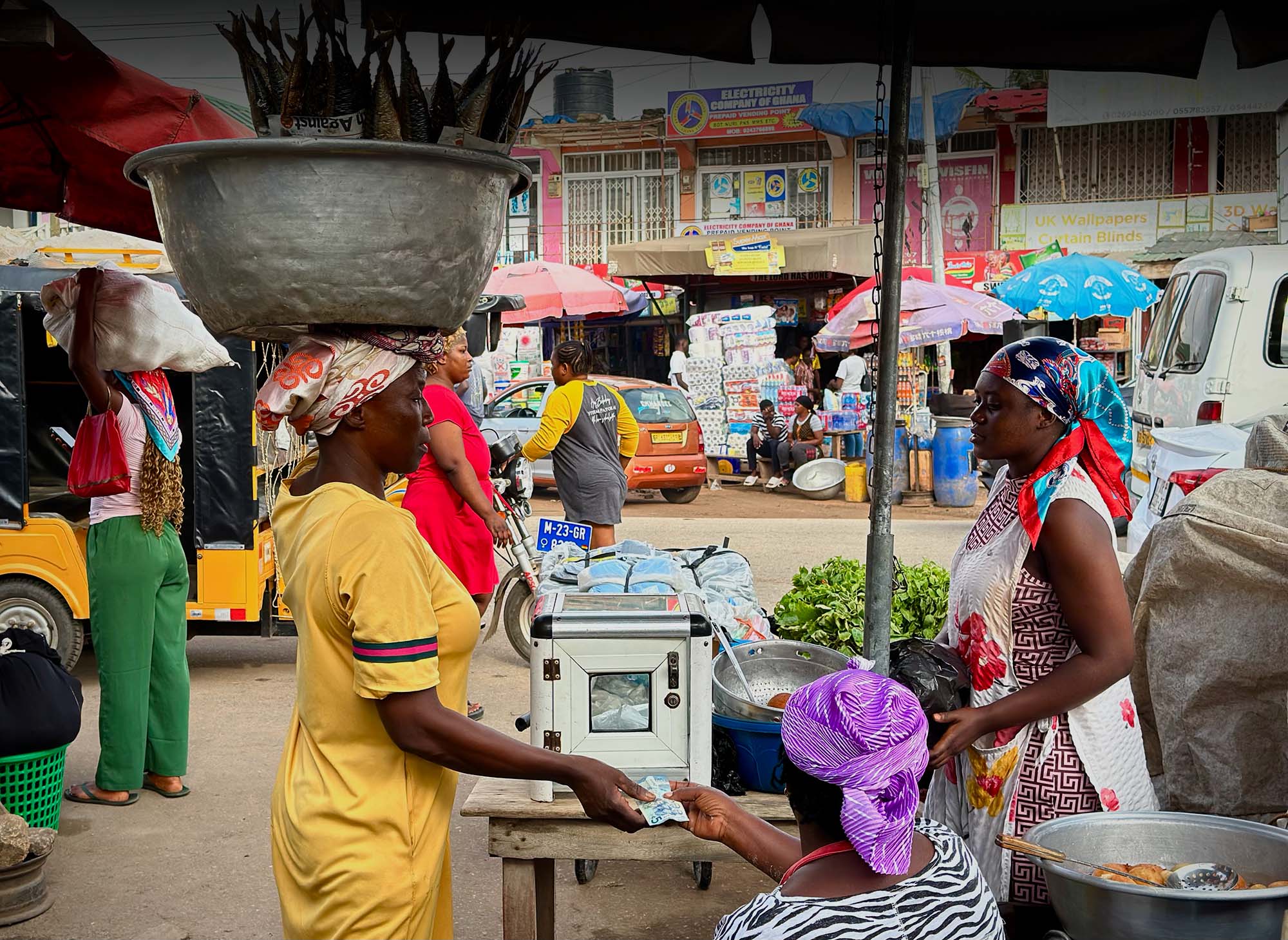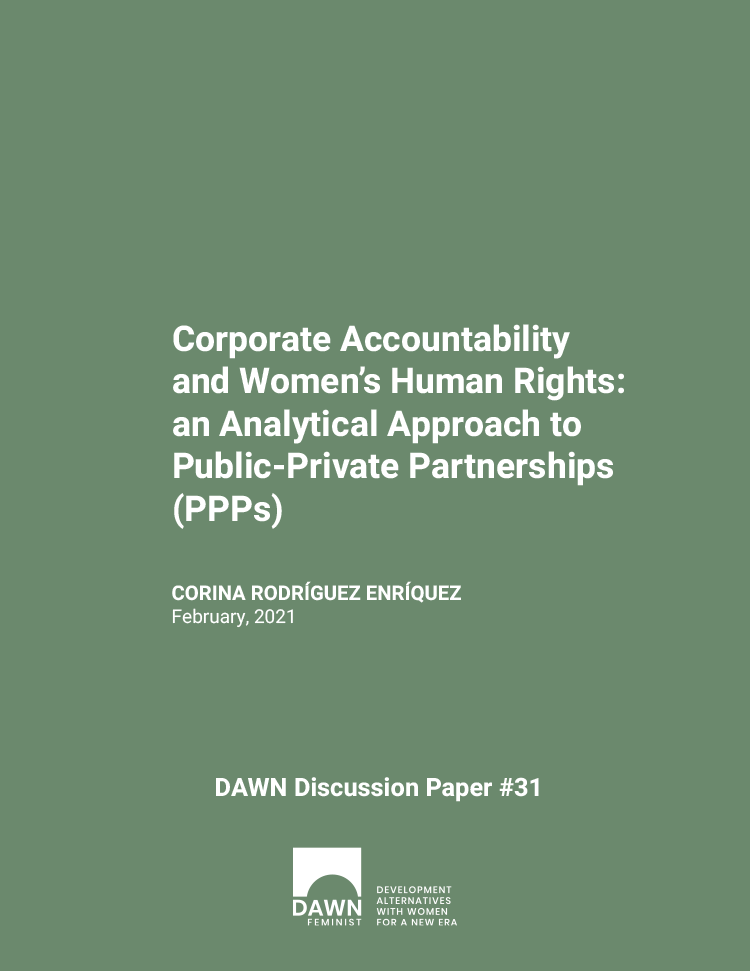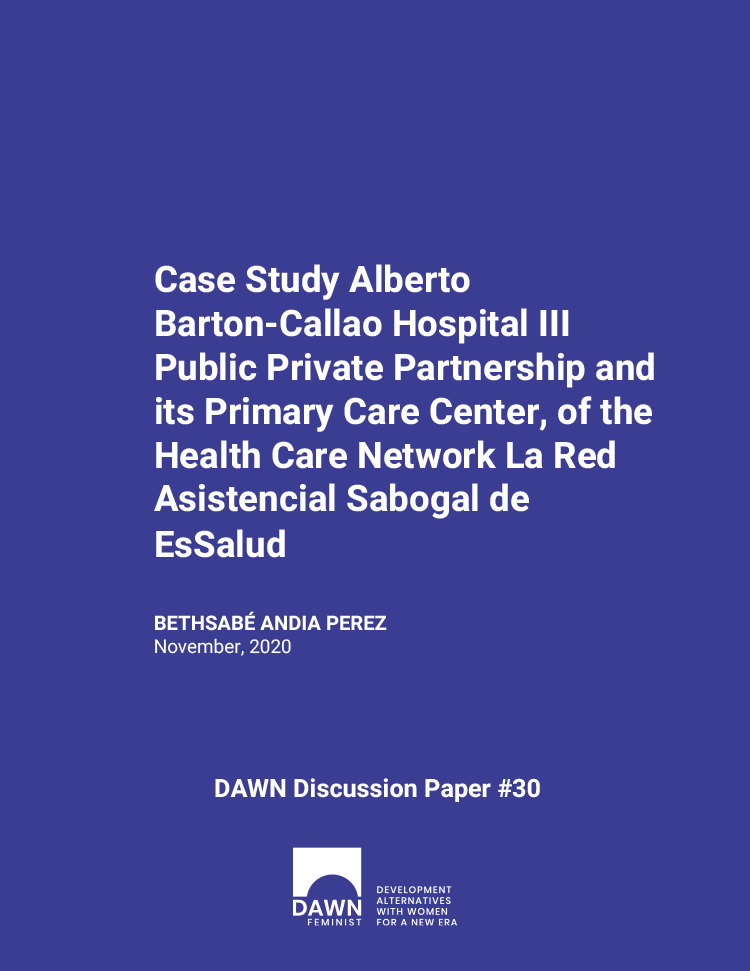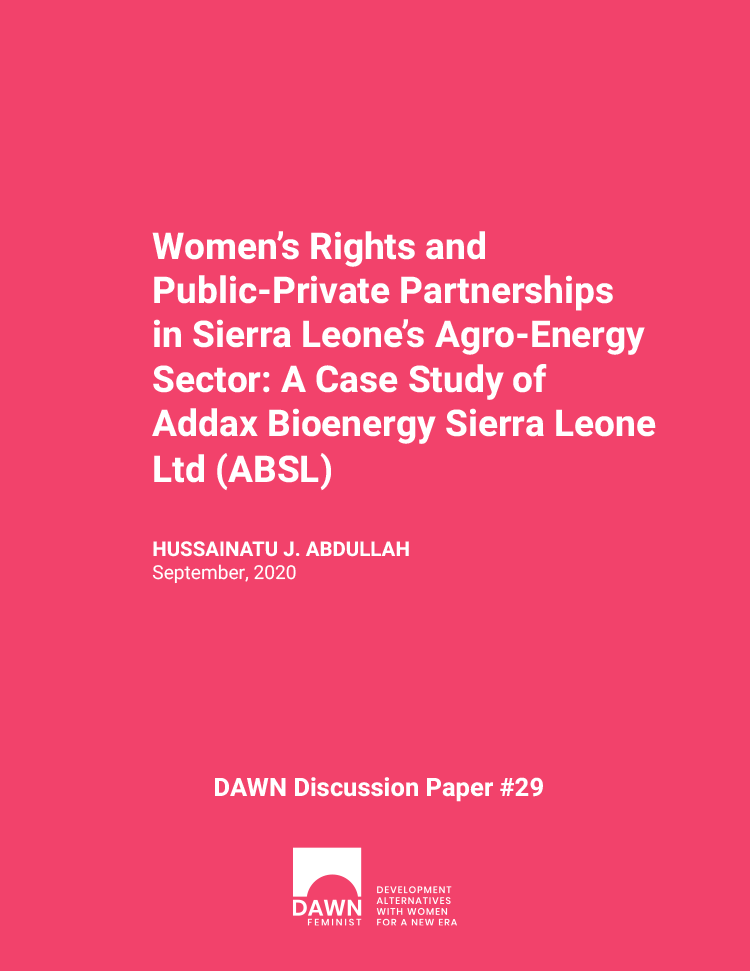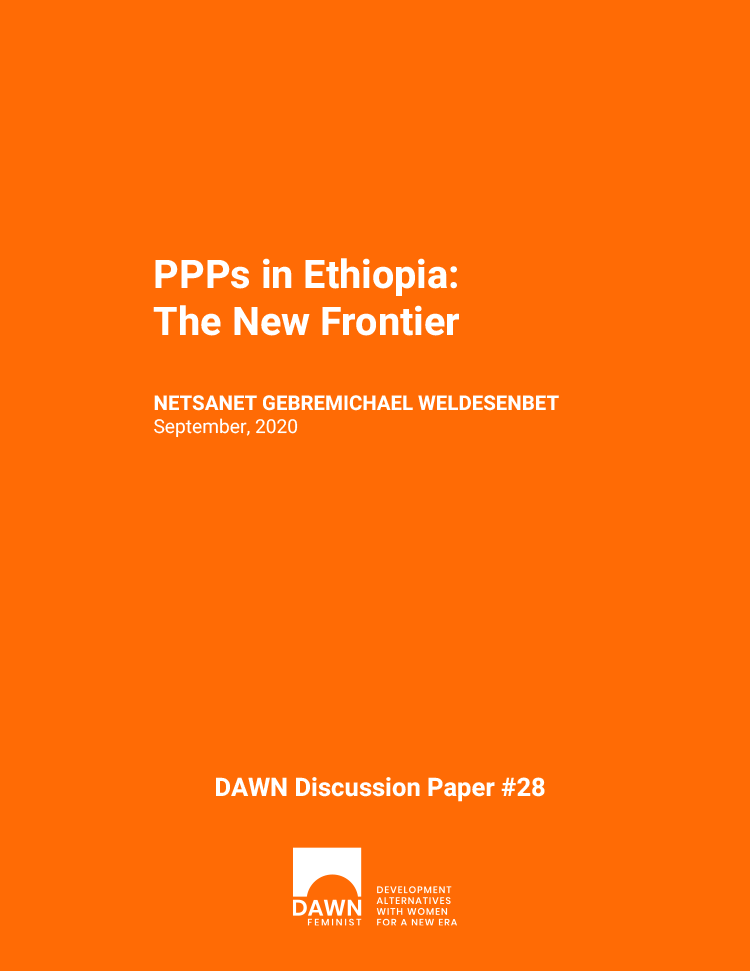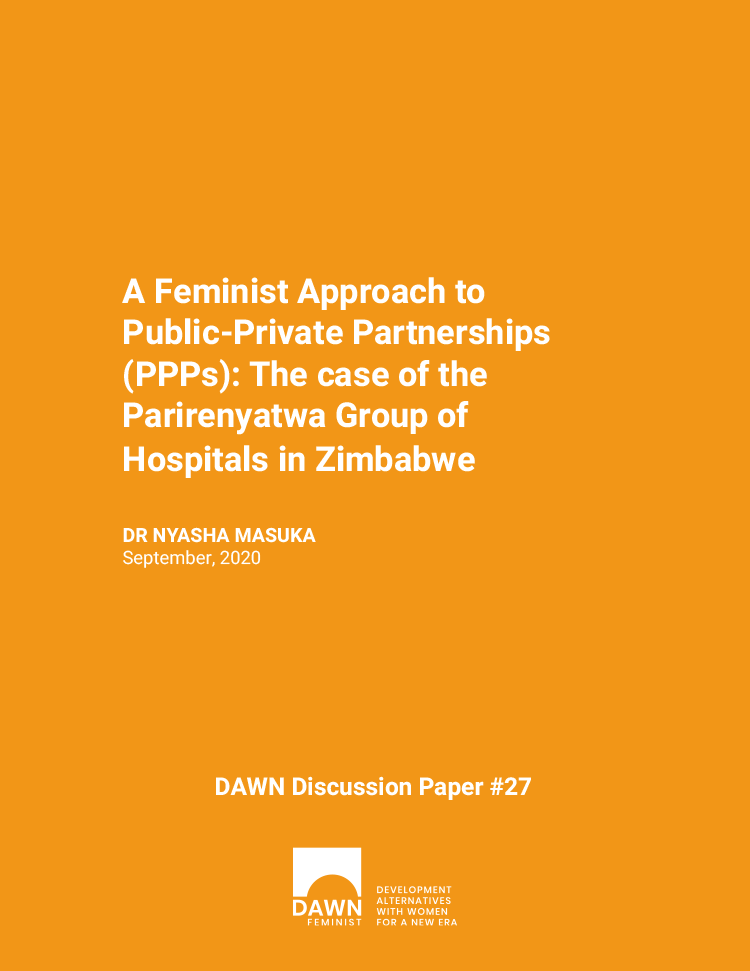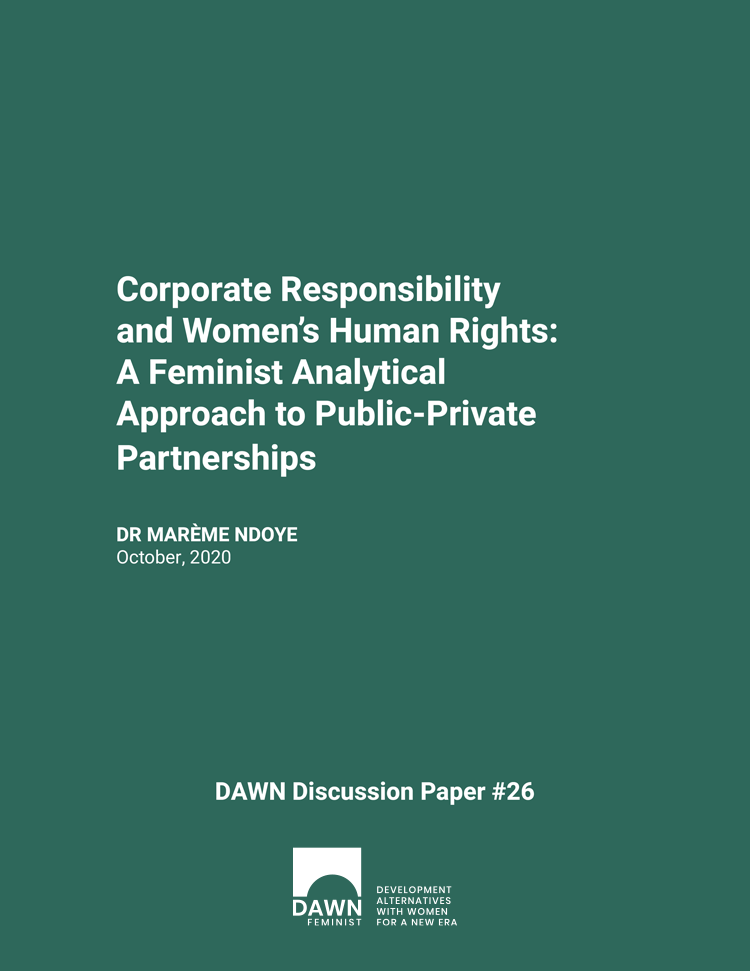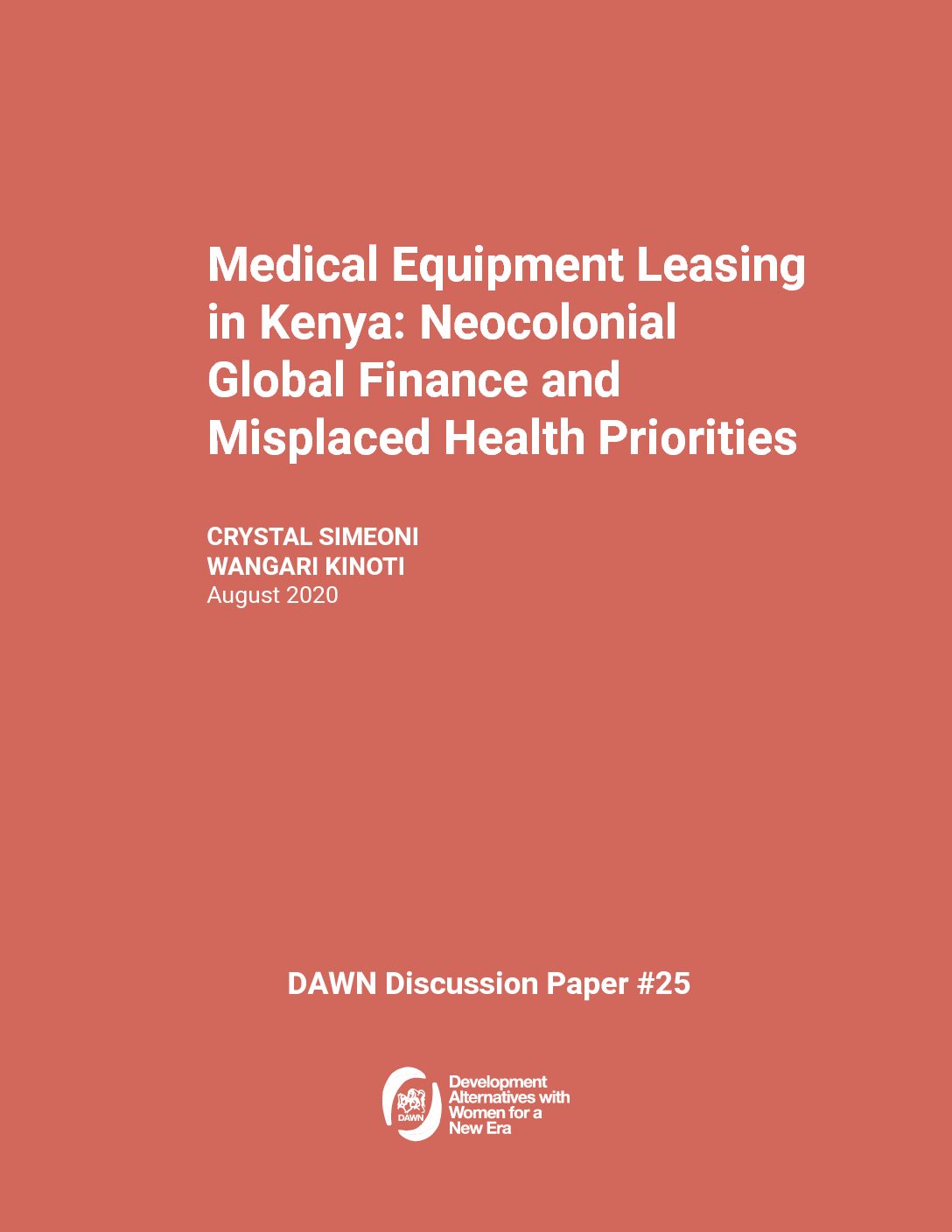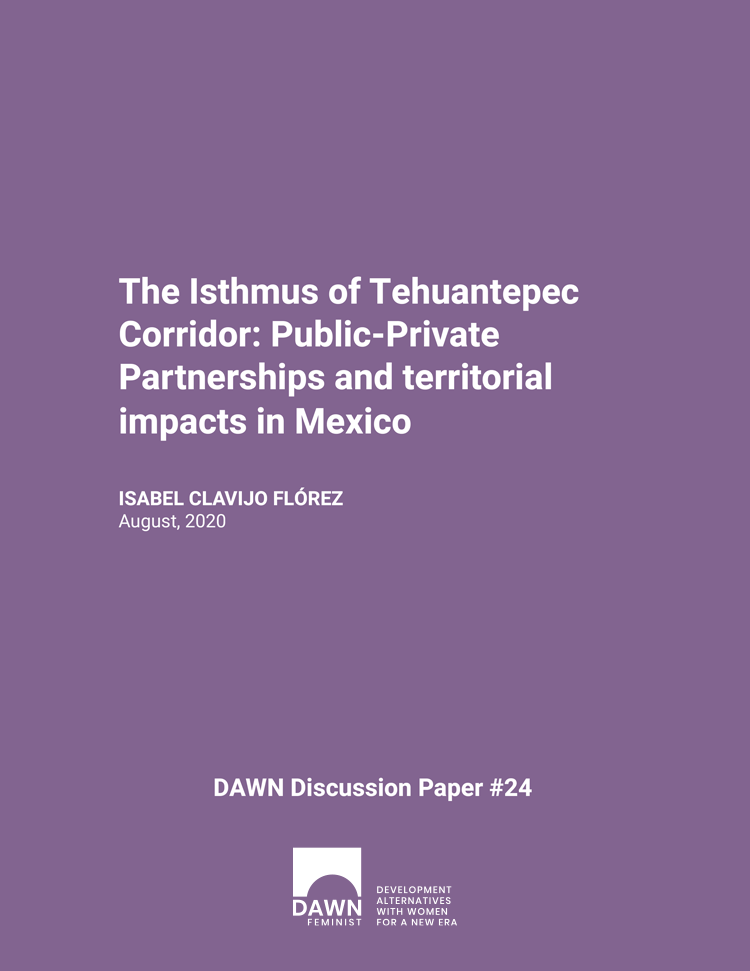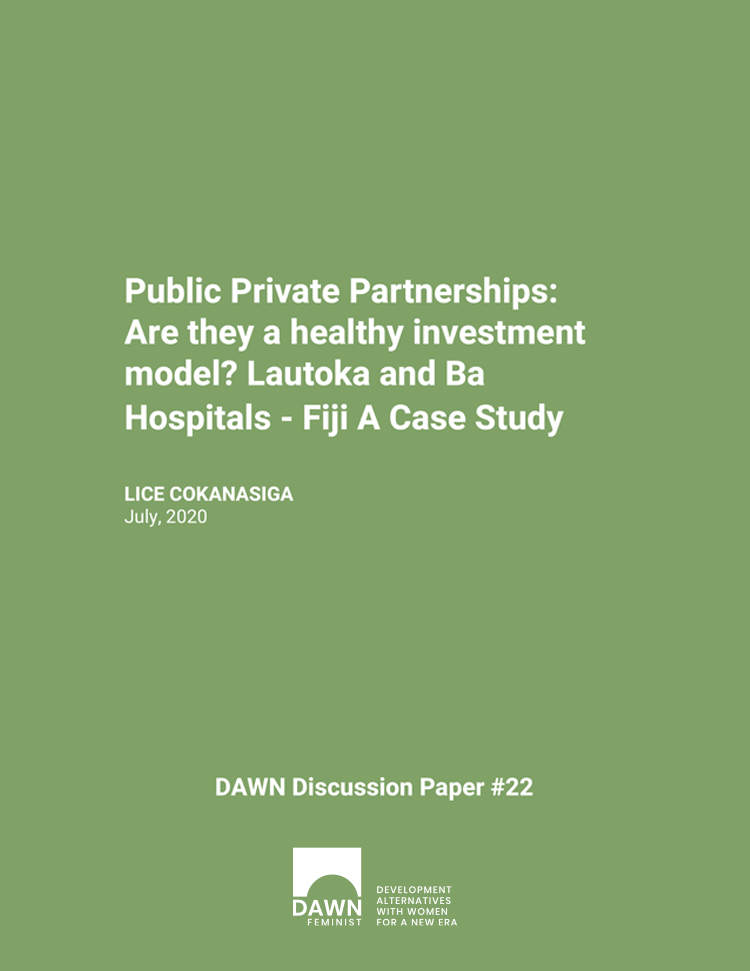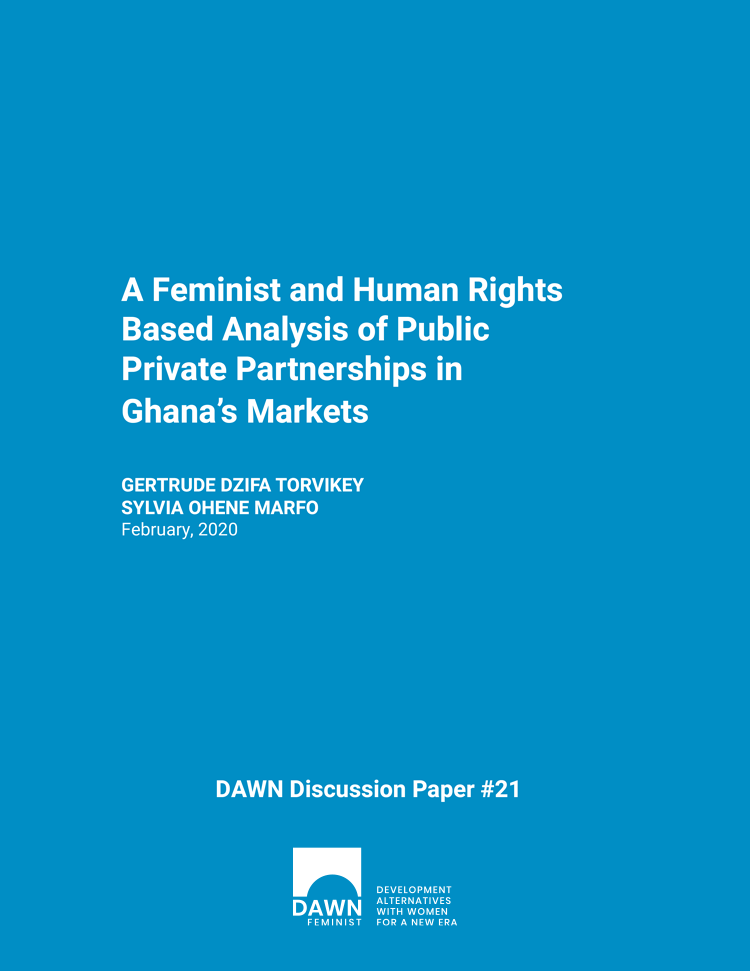Public-private partnerships (PPPs) are defined by the Global Campaign Manifesto as an “essentially long-term contracts, underwritten by government guarantees, under which the private sector builds (and sometimes runs) major infrastructure projects or services traditionally provided by the state, such as hospitals, schools, roads, railways, water, sanitation and energy”.
They are arrangements that involve some form of risk-sharing between the public and private sectors. What differentiates PPPs from public procurement is that a private company is responsible for raising the upfront capital for the investment, which is then paid back by the taxpayer (directly, or through the state) over the course of the contract under which the private company builds, maintains and/or operates the infrastructure or service. In return, the private company expects a guarantee that it will make a profit on the investment.
A private company is responsible for raising the upfront capital for the investment (…) In return, the private company expects a guarantee that it will make a profit on the investment.
PPPs are also different from “informal or loose collaborations between different actors, including multi-stakeholder partnerships and short-term outsourcing arrangements for the delivery of goods and the provision of services, for instance, in health or education. They also exclude privatisation schemes, by which previously publicly-owned services and facilities are fully transferred (by sale) to the private sector”.
Old Dog, New Tricks: Neocolonialism & Public-Private Partnerships in the global South
Feminist researchers from the global South have spent a year researching this theme in their home countries, from Fiji to Senegal, from Mexico to India to produce a series of articles on the theme. A constellation of resources is offered by this multimedia project. The first stage of the project consists of five animated short films showcasing the relatable stories of families and their dreams of a better future hedged on an alliance between state and foreign corporations and the broken promises of progress and development. The podcast series includes ten episodes featuring leading feminist researchers and authors from the regions most affected by PPPs, speaking about the latest perspectives on the subject, its historical and geopolitical contexts, socio-economic analysis and interlinkages.
Corporations across the globe are capturing more and more of the public sphere, encroaching on all aspects of people’s lives. Public-Private Partnerships have become a powerful tool to achieve what is starting to look like the privatisation of life itself.
Together they compose a panorama of the state of PPPs today, filled with analysis and critique, looking at the effects and consequences on women’s lives and communities’ wellbeing, all in the name of so-called development. Opacity, corruption and vast sums of money in international contracts are often signed behind closed doors, away from the public’s view.
In the current phase of concentration and financialization of global capital, private corporations have increasingly gained a position of power over other actors. In many regions of both South and North, they are able to impose their own agendas, based on the continuous search for larger profits. Private actors have increasingly come to subordinate public and collective interests, diminishing the capacity of the State to regulate them, threatening human rights, and challenging labour, environmental and other laws and regulations.
Indeed, powerful private interest groups and their partners have gained excessive influence over policy-making, eroding thereby both human rights and democratic processes. This corporate capture of the State has systemic and long-standing influence, and is backed by narratives that argue:
i) that States are, through processes of ‘rent-seeking’, inherently economically inefficient;
ii) that policy issues are of such technical complexity that ordinary citizens cannot understand, and therefore should not (or need not) engage with them. The disingenuous inference often drawn from this is that private corporations operate in the public interest. What is good for corporations is claimed to be good, self-evidently, for the State and its citizens.
This process does not take place only at the national level, but also in multilateral spaces including UN agencies and processes. The private sector has come to be considered by many powerful entities to be a key actor in development. Its influence has grown and is evident in the setting of priorities, the orientation of policy proposals, and the weakening of potential regulatory processes. For example, the private sector and its champions have pushed for the relatively mild UN Guiding Principles on Business and Human Rights in preference to the tougher proposed Binding Treaty on Transnational Corporations with respect to Human Rights.
DAWN has already highlighted the threat that the increasing power of the private sector implies for the fulfillment of women’s human rights, through:
i) the negative impact of the drive towards competitiveness and rising productivity on women’s working conditions;
ii) the spread of the ambiguous discourse on corporate social responsibility and of the belief that corporations are (or may be) gender sensitive;
and iii) the impact of tax dodging and corporate lobbying in limiting public revenues as well as policy space (Rodríguez Enríquez, 2017).
The current avatar for corporate capture of the State is the Public-Private Partnership. The relentless pressure on States (both South and North) to implement fiscal compression choice for development programmes and the channeling of investment finance. While PPPs have a longer history in the global North, they are now being promoted by regional development banks and the International Financial Institutions as a way to guarantee financing for the Sustainable Development Goals, and are spreading fast in the global South.
Corporate Capture of Development
“Corporate Capture of Development: Public-Private Partnerships, Women’s Human Rights and Global Resistance” is an eye-opening exploration of the hidden impacts of public-private partnerships (PPPs) on women’s human rights worldwide. Joined by more than a dozen authors, co-editors Corina Rodríguez Enríquez and Masaya Llavaneras Blanco bring their expertise and an intersectional feminist approach to provide a fresh perspective on this complex topic.
The book features case studies from across the global South, shedding light on the often overlooked consequences of PPPs.
This open-access book, published by Bloomsbury Academic, provides a fresh and intersectional feminist perspective on the complex topic of PPPs. It is a must-read for academics, policymakers, and activists who seek to understand the cost behind the corporate capture of development increasingly pushed by development agencies and join the movement for change.

“Feminist critiques have begun to raise serious concerns as PPPs expand into areas that are central to women’s lives and livelihoods“
Connect The Dots
Read the discussion papers that are the basis for the multimedia resources.

